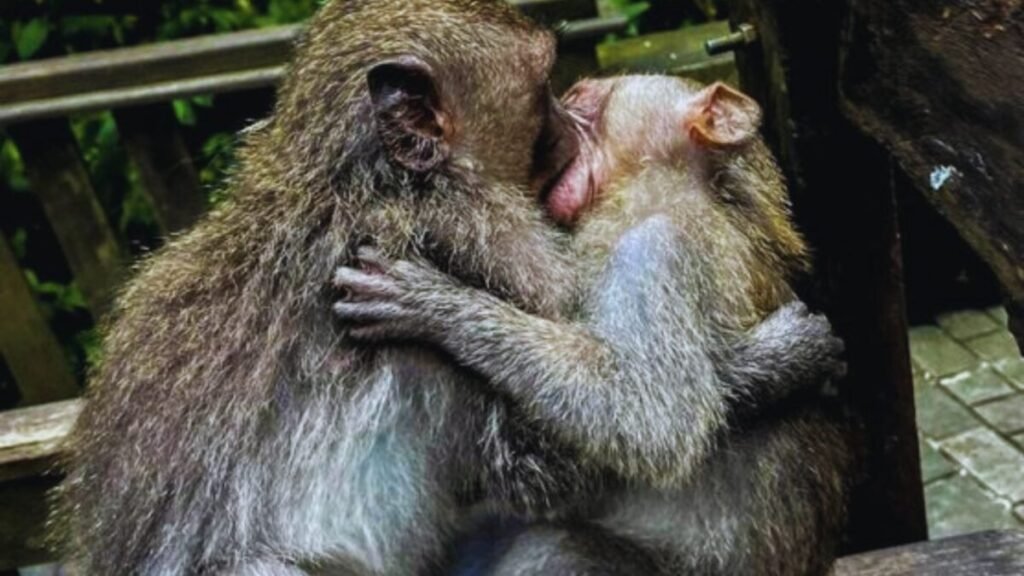Kissing may have originated from grooming behavior in primates. Thus, a human gesture with biological, non-romantic roots was born.

For millennia, the history of the kiss has been intertwined with human passion. However, according to science, its origins lie in something much more practical: grooming each other. A new study from the University proposes that the kiss directly derives from grooming behavior among primates, a ritual that chimpanzees and bonobos use to remove parasites and strengthen group cohesion.
From Hygiene to Affection
The study suggests that our ancestors shared a gesture with great apes known as the “grooming kiss.” After reviewing hours of behavioral observations, researchers found that at the end of a grooming session, primates often press their lips against each other’s bodies and apply a slight suction. Dr. Adriano R. Lameira, lead researcher, explains that this gesture could have been an evolutionary precursor to the human kiss: a way to maintain community unity. “Grooming is more than just about hygiene; it’s a social tool,” he concludes.
A Tradition that Survived the Test of Time
As humans lost their fur, the act of grooming evolved into kissing. However, the mouth-to-mouth contact persisted due to its pleasurable effects, mediated by the release of endorphins and dopamine, the same neurotransmitters associated with well-being and attachment. Thus, the sensitivity of the lips and the proximity of the face turned it into a universal form of affectionate communication, albeit with surprising cultural boundaries.
Not All Cultures Embrace Kissing
A study analyzing 168 cultures revealed that only 46% practice romantic kissing. In many societies, kissing is not seen as a sign of love and is even considered distasteful. This suggests that, although expressions of affection vary worldwide, the ultimate goal remains the same: to foster closeness. In some parts of the world, affection is expressed through caresses, breath inhalations, or nose rubs. But in all cultures, the objective is consistent: to create intimacy. Thus, science suggests that kissing was an adaptation to keep us together, a remnant of our furry ancestors who, unintentionally, invented the most human gesture of all.






